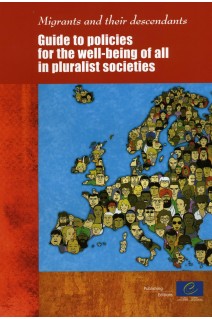
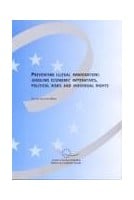


Foreword
Introduction
Part 1 - Rethinking policies towards migrants and their descendants
Chapter 1 -- Clarifying the debate and the concepts used
1.1. Introduction to the discourse on and concepts used in relation to migration and migrants
1.2. Mobility and migration
1.3. Foreigners, immigrants, descendants
1.4. Identities, diversity, cultures
Chapter 2 -- Understanding the thinning behind policies and their effects
2.1. Introduction to policies on migrants and their descendants
2-2. Controls
2.3. Integration
2.4. Well-being of all
Chapter 3 -- Redrawing the map of stakeholders and shared responsibilities
3.1. Introduction to stakeholders' responsibilities in migration processes
3.2. Denationalisation of state powers
3.3. Redistribution of state powers
3.4. Delegation of state powers
Part 2 - Analysing and transforming harmful stereotypes about migrants and their descendants
Chapter 1 -- Stereotypes, prejudices and immigration policies: an approach for a social interaction strategy
1.1. Stereotypes and prejudices as cognitive mechanisms based on simplification and generalisation
1.2. Harmful stereotypes as a means of social exclusion
1.3. "Foreigners" as the ready-made targets of harmful stereotypes
1.4. Migrants as a threat
1.5. Migrants as a resource
1.6. An approach for analysing and transforming harmful stereotypes
Chapter 2 -- Harmful stereotypes portraying migrants and their descendants as a treat to our security
Introduction
2.1. "Migrants cause an increase in crime"
2-2. "Migrants bring diseases into me country"
Chapter 3 -- Harmful stereotypes portraying migrants and their descendants as a treat to our well-being
Introduction 1
3.1. "Migrant workers take our jobs"
3.2. "Migrant workers drive down our wages"
3.3. "Migrants and their descendants are less educated man us"
3.4. "Migrants abuse me welfare state"
3.5. "Migrants abuse me asylum system"
Chapter 4 -- Harmful stereotypes portraying migrants and their descendants as a treat to our way of life
Introduction
4.1. "Migrants act as if the place were theirs"
4.2. "Migrants build parallel societies"
4.3. "Migrants' children bring standards down in our schools"
4.4. Migrant women live as a minority
Chapter 5 -- Stereotypes portraying migrants and their descendants as resources for our competitiveness
Introduction
5.1. "Migrants do the jobs which local workers no longer want to do"
5.2. "Migrants will pay our old age pensions"
Bibliography

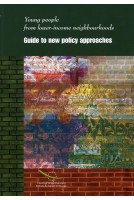
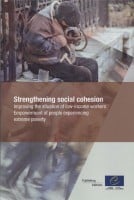
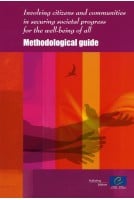





Attention, en vertu de nos conditions générales de vente, l'achat des PDF/epub est réservé aux particuliers.
